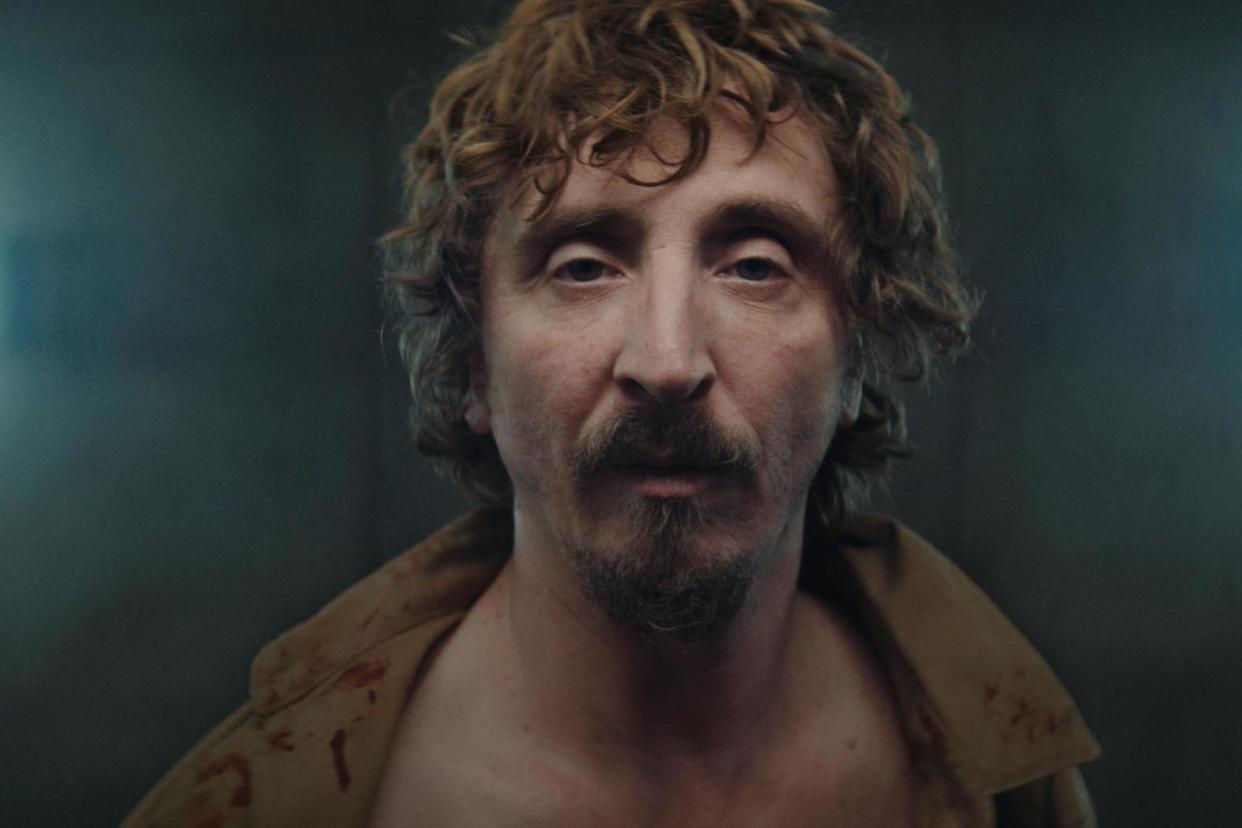The Platform ending explained: The meaning behind Netflix's capitalist horror movie

With the nation put on lockdown, more and more of us are turning to Netflix to keep us entertained – and nail-biting thriller The Platform has gained a lot of attention online.
The 2019 film, which was picked up by Netflix following its debut at the Toronto Film Festival, is set in a dystopian, futuristic prison known as The Hole, where the cells are stacked on top of one another.
In what viewers have interpreted as a metaphor of capitalism and the class system, the story sees a banquet of food descend from above on a platform, leaving the upper-tier of prisoners to eat first, while those lower and lower down the literal food chain left fighting for scraps.
Netflix describes this Spanish film as "a twisted social allegory about mankind at its darkest and hungriest” – which feels oddly prescient as many people in the UK have found themselves left fighting for food as supermarket shelves are left bare by panic buyers.
With the heavily metaphorical ending leaving some viewers scratching their heads, we unpack what message filmmaker Galder Gaztelu-Urrutia intended the audience to leave with.
The Platform ending explained

We come to understand the rules of The Hole through Goreng (Ivan Massague) a newcomer to the prison, who is stuck in cell 48 with Trimagasi (Zorion Eguileor).
When the platform of food drops down, he explains that 47 other prisoners would have eaten before them, meaning they’re left with the scraps. The desperation of those further down the prison chain is clear as they resort to violence and even murder to try and get more food.
As the film progresses, viewers come to see a young girl who is trapped at the very bottom of The Hole. It transpires the child is Miharu’s (Alexandrea Masangkay) daughter, and she has been protecting her offspring and keeping her healthy in the dire circumstances. It seems that Miharu’s insistence to get to the bottom of the hole isn’t to find her daughter, but only to make sure she can make it through the system unharmed.
As both the girl and Goreng attempt to get to the top of the prison, Goreng finds himself unable to as he has been too brutalised by the system, which sees him stuck in the same place. However, the girl makes her way to safety.

Some have argued that Miharu’s daughter is a metaphor of human resilience throughout even the darkest and most difficult times, and further pushes the notion that only true change can come from the innocence of youth.
The irony within The Platform is that there is more than enough food and resources within The Hole (a metaphor for capitalism, a economic system we are all imprisoned by) to satisfy all the prisoners.
However those at the ‘top’ (ie the wealthy) overconsume, and are given no incentive or reason to want to share – leading to inequality, pain and suffering.
The Platform is available on Netflix now

 Yahoo News
Yahoo News 
